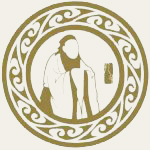A Comprehensive Introduction Books by Confucius
How many books did Confucius write during his lifetime? What are the names of these books? Confucius was the founder of Confucianism and wrote a total of six books. These books are collectively known as the “The Six Classics”.
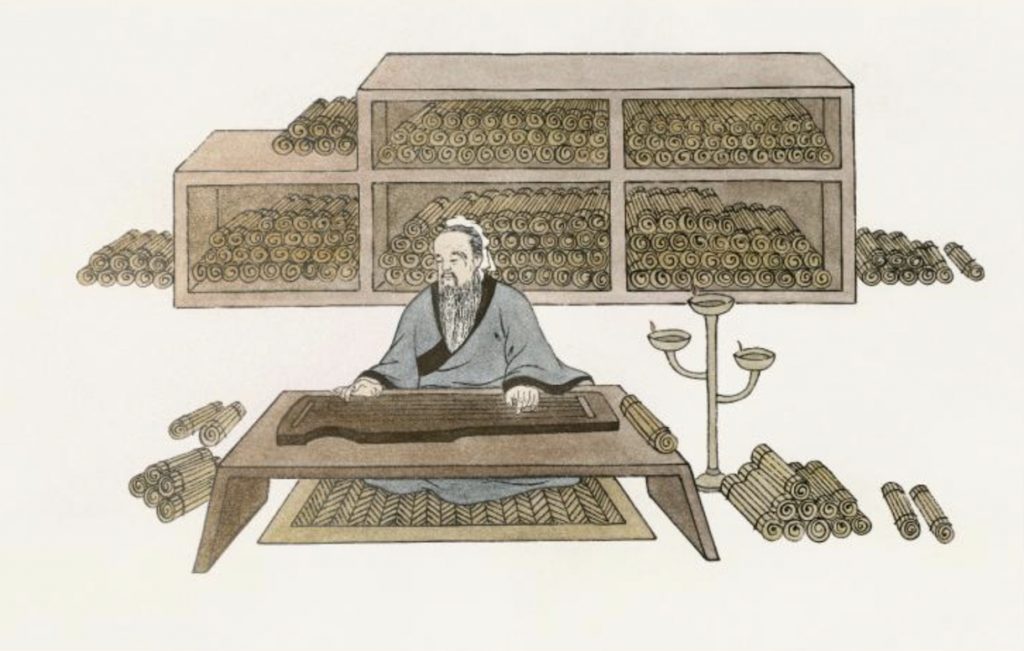
Confucius was a great thinker and educator in ancient China. His ideas boast long-lasting impacts and provide valuable wisdom for future generations.
From the age of about 30, Confucius began to collect, organize, and preserve ancient texts while teaching. Historical records show that Confucius revised and organized The Book of Songs and The Book of Documents, finished The Book of Etiquette and Ceremonial, wrote the preface to The Book of Changes, and authored The Spring and Autumn Annals.
These six books are collectively known as the “The Six Classics” (六经).
Moreover, Confucius also adopted these six books as the core teaching materials, creating a new curriculum system with poetry, books, rituals, music, The Book of Changes, and The Spring and Autumn Annals as specific subjects, making immortal contributions to the inheritance and development of Chinese culture.
In addition, in the traditional Chinese culture, the study and understanding of Confucius have always been the focus of scholars’ attention. In this field, many works related to Confucius have been continuously produced. The most famous ones are The Analects of Confucius, The Historical Records: The Family of Confucius (史记·孔子世家), and Mencius. These books record the words and thoughts of Confucius in detail and provide valuable information for later generations’ study.
As a result, many modern scholars have also written books such as Confucius Institute (孔子学堂) and The Story of Confucius (孔子的故事) to promote Confucius’s ideas and wisdom.
The Book of Songs (诗经)
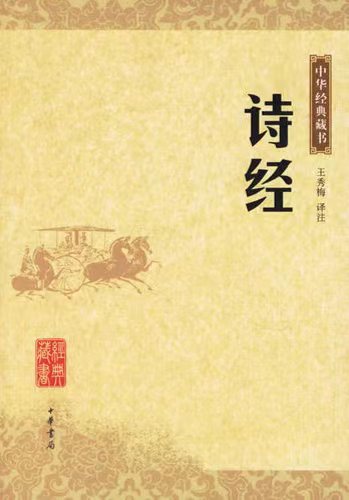
The Book of Songs is the first general collection of poetry in China. It was honored as a Confucian classic during the Western Han Dynasty and officially renamed The Book of Songs.
Overview: The Book of Songs, also known as The Songs of Poems, was composed during the Zhou Dynasty and is said to have been collected by Yin Jifu (尹吉甫) and compiled by Confucius.
Main Content: The Book of Songs collects folk songs, court music, and ancestral temple music from the beginning of the Western Zhou Dynasty to the middle of the Spring and Autumn Period. It is focused on the social landscape of the Zhou Dynasty as it evolved over five hundred years.
The Book of Songs, with a total of 305 poems, is divided into three parts: Ballad (风), Court Hymn (雅), and Eulogy (颂). Among them, Ballads (风) mainly cover folk songs of various regions; Court Hymns (雅) contain mostly court music as well as musical songs in court meetings and banquets; and the Eulogys (颂) are poems in the rituals of temples and ancestral temples.
The Book of Documents (尚书 )
Overview: The Book of Documents is one of the earliest compilations of historical documents in China and one of the surviving prose collections in China. It is also listed as one of the classic books of Confucianism and has been the primary book for scholars of all times to study Confucianism.
Main content: The Book of Documents is a work tracing the events of ancient China. It records numerous historical materials from the Yu (虞朝), Xia (夏朝), Shang (商朝), and Zhou dynasties, covering many fields such as politics, religion, thought, philosophy, art, decrees, astronomy, geography, and military affairs. Except for a few chapters, this book mainly takes the form of formal speeches by emperors or essential ministers.
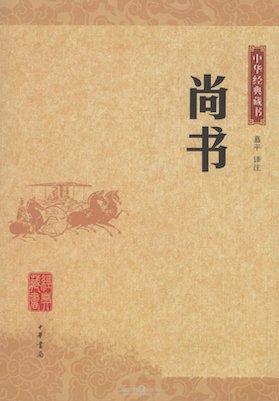
The Book of Etiquette and Ceremonial (仪礼)
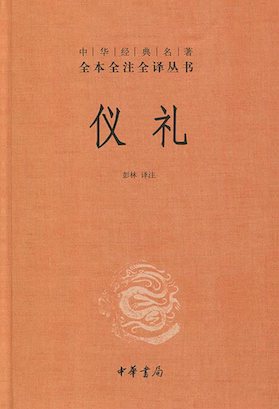
The Book of Etiquette and Ceremonial is one of the thirteen Confucian scriptures and one of the earliest books of Confucianism.
Overview: The Book of Etiquette and Ceremonial is also called The Classic of Rites during the Wei (魏) and Jin (晋) dynasties. After the “Burning books and burying scholars” (焚书坑儒) event in the Qin Dynasty, The Book of Etiquette and Ceremonial got lost. There are seventeen surviving chapters in The Book of Etiquette and Ceremonial, compiled by Liu Xiang (刘向) of the Western Han Dynasty. The 56 ancient texts in The Book of Etiquette and Ceremonial have now been lost.
Main content: The Book of Etiquette and Ceremonial mainly records various ceremonial practices of literati and officials, including coronation (adulthood), marriage, funeral, sacrifice, township (drinking ceremony), archery, pilgrimage, and engagement (diplomatic relations), which are called the “Eight Ceremonial Practices.”
The Book of Changes (周易)
The Book of Changes is the theoretical root of natural philosophy and humanistic practice in traditional Chinese thought and culture and is also the first of the Six Classics.
Overview: The Book of Changes, together with the Lianshan (连山) and the Guicang (归藏), is known as the Three Yi (三易). The latter two books were lost during the Qin and Han dynasties.
Main content: The Book of Changes draws on the dualism of Yin and Yang, which discusses and describes the laws of how things work, covering fields like astronomy, geography, military, science, literature, and agriculture.
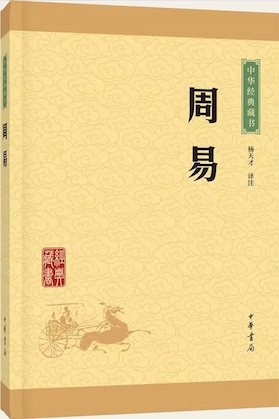
The Book of Music (乐经)
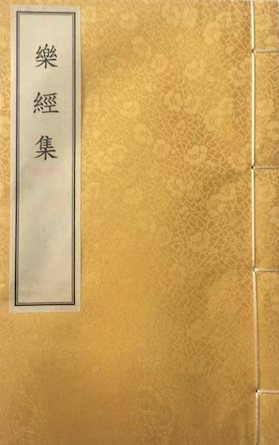
The Book of Music is a comprehensive text for the study of the musical culture of ancient China.
Overview: The Book of Music is one of the six Confucian classics. It existed in the pre-Qin period, but it has been lost, and we cannot get a glimpse of it.
Main content: The Book of Music contains rich music theory and deals with specific musical practices and relationships between music and society.
The Spring and Autumn Annals (春秋)
Overview: The Spring and Autumn Annals is China’s first chronicle and the state history of the State of Lu during the Zhou dynasty. The extant version of this book is said to have been revised by Confucius.
Primary Content: The Spring and Autumn Annals records critical historical facts about Lu between the year of Duke Yin of Lu (鲁隐公) and the fourteenth year of Duke Ai of Lu (鲁哀公).
Moreover, the language used in The Spring and Autumn Annals is highly concise.
Therefore, with sublime words and deep meanings, later generations have praised its language as the “Spring and Autumn writing style.”
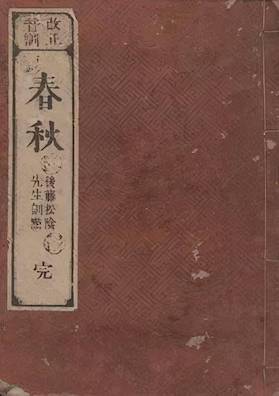
Controversies over the Author/Authors of The Six Classics
The academic world has different opinions about the authorship of the Six Confucian Classics.
Some people believe that the Six Confucian Classics were all compiled by Confucius.
Others believe that the Six Confucian Classics are the works of Confucius and his disciples. In his later years, Confucius organized these ancient texts and passed them on to his disciples and other scholars.
Some scholars hold different viewpoints. They believe that Confucius did not write the Six Classics, nor do they think a single person wrote them.
Finally, some scholars believe that Confucius compiled The Spring and Autumn Annals, but the rest of the classics were not.
FAQ
No. Confucius did not “author” most of these classics in the modern sense. Some texts were compiled, edited, or transmitted by Confucius, while others were later attributed to him by tradition. This page follows a scholarly approach by distinguishing authorship, compilation, and attribution.
No. The Analects was not written directly by Confucius. It is a collection of his sayings and conversations compiled by his disciples and later generations after his death.
In traditional Chinese scholarship, Confucius is regarded as a transmitter and editor of ancient knowledge rather than a sole author. Over time, texts preserved, taught, or systematized through his intellectual lineage became closely associated with his name.
The Six Classics traditionally include the Book of Songs, Book of Documents, Book of Etiquette and Ceremonial, Book of Changes, Book of Music (now lost), and the Spring and Autumn Annals. Together, they form the foundational textual tradition of early Confucian thought.
Confucianism is generally considered a philosophical and ethical tradition rather than a religion. Although its classics are sometimes described as “sacred texts,” they focus on morality, social order, and education rather than divine revelation or worship.
Most of the Six Classics survive in complete or partial form and are widely studied today. The Book of Music, however, was lost in antiquity and is known only through historical references.
